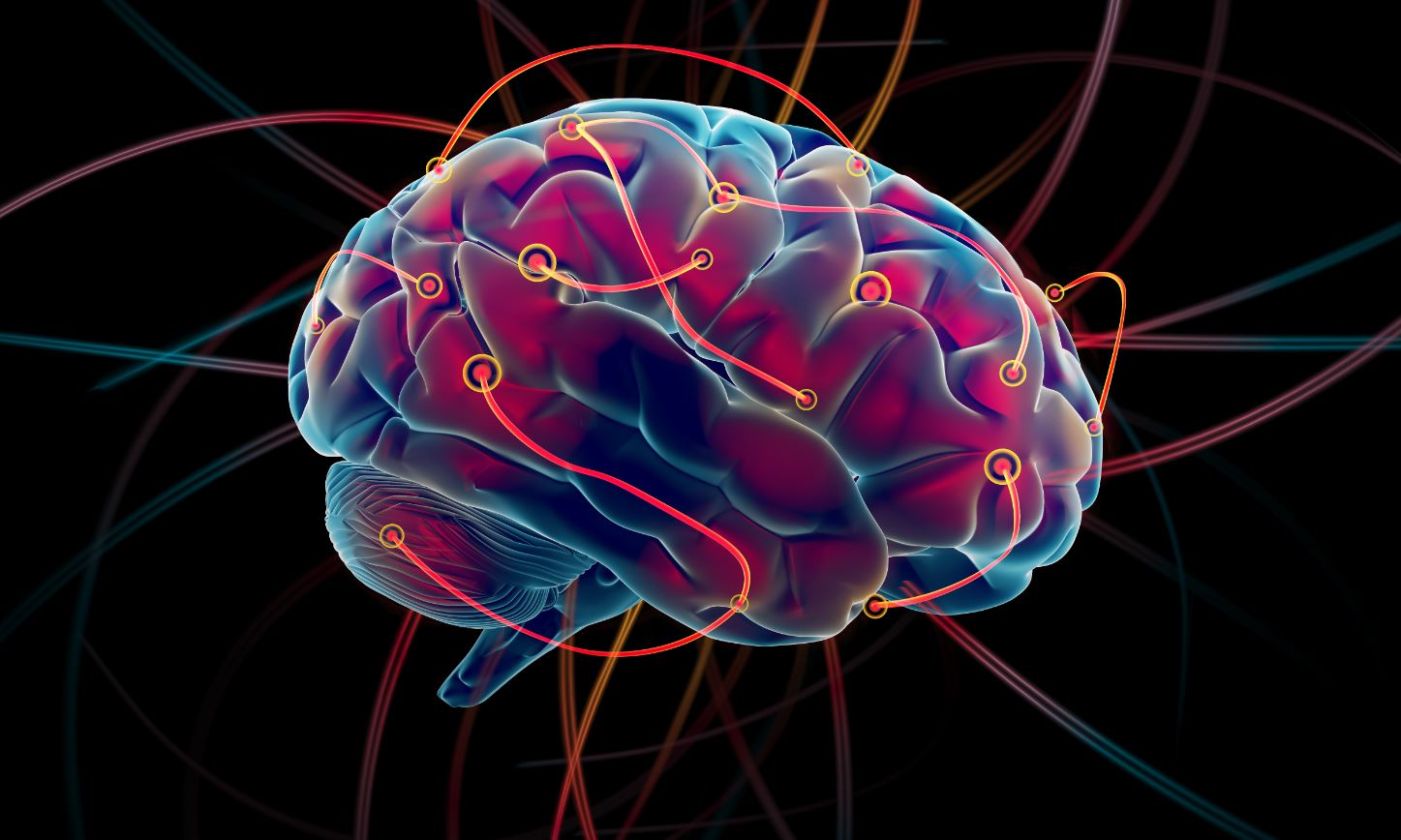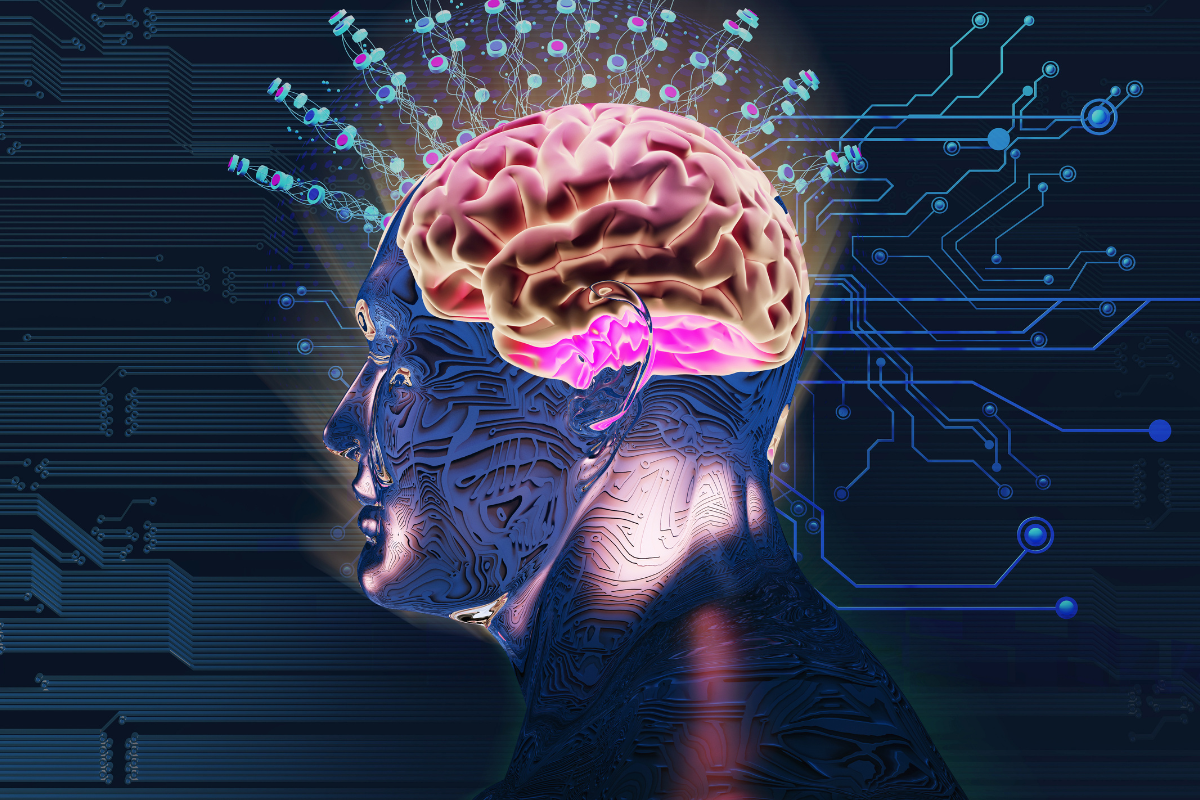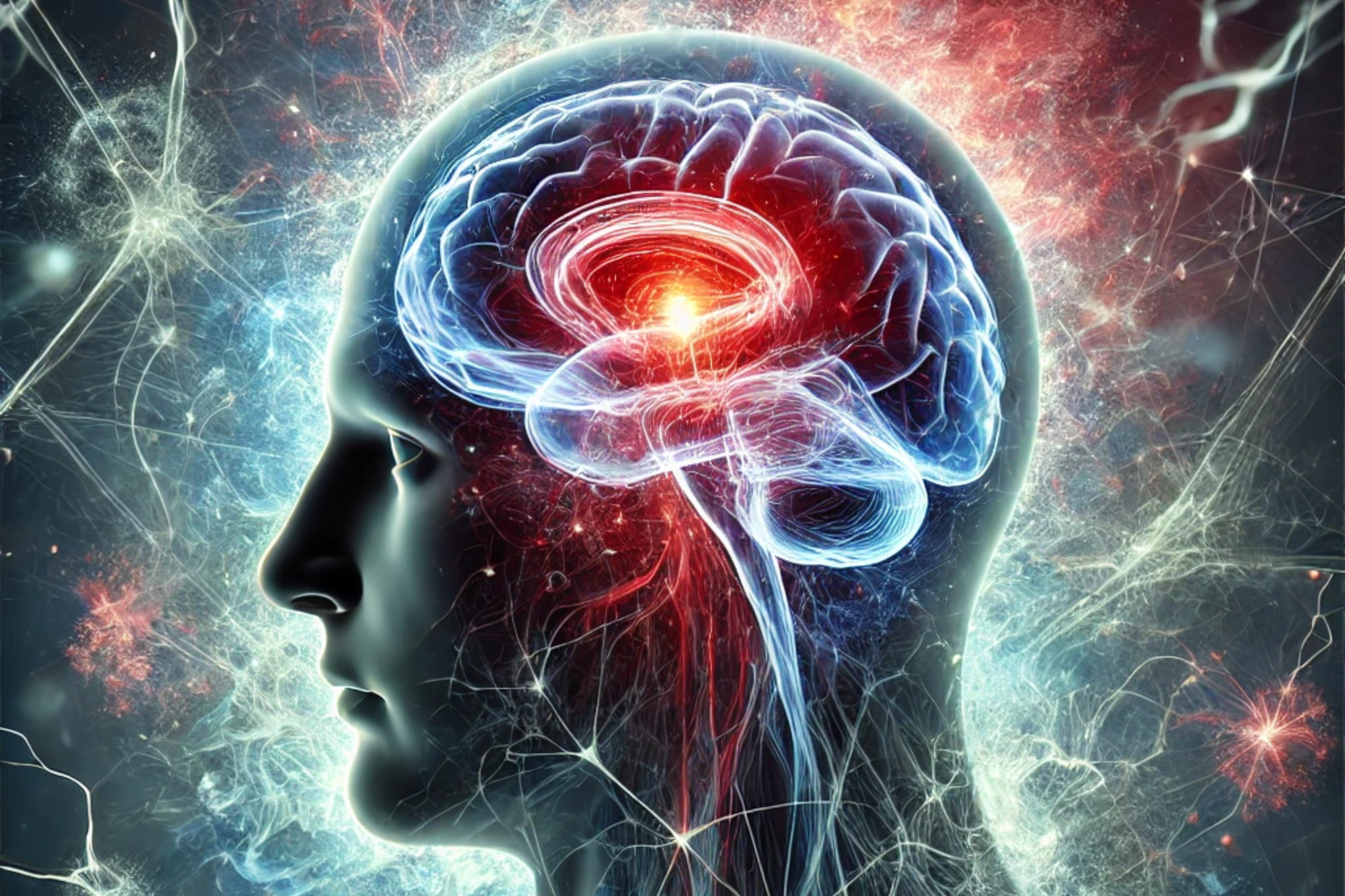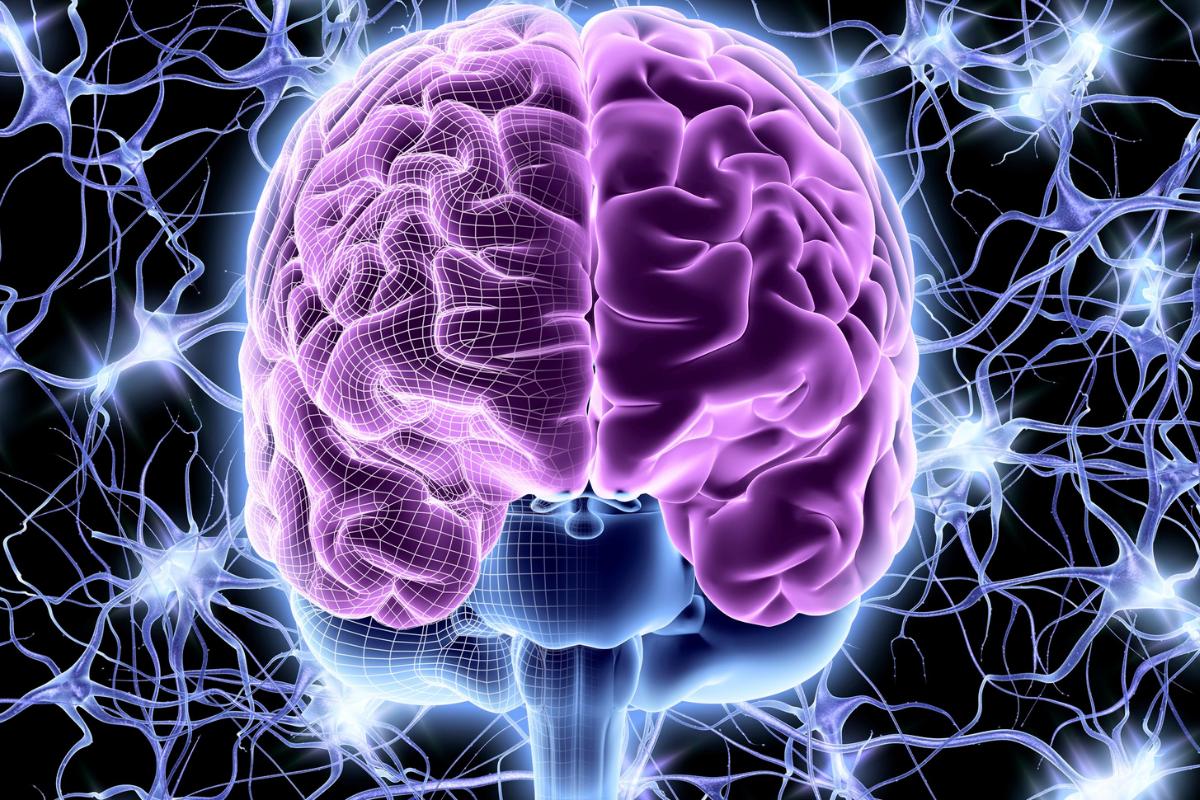By Dr. Petrus Raulino
A new study by Icahn School of Medicine Mount Sinai and published in American Journal of Psychiatry showed that ezogabine, a drug that opens KCNQ2/3 potassium channels in the brain, may be associated with an improvement in depressive symptoms and anhedonia.
This is a phase 2 study, so it doesn't yet serve as a recommendation for changes in medical practice. However, it does encourage further phase 3 research that could support interventions in clinical practice.
Ezogabine has been approved by Food and Drug Administration in the US in 2011 as an anticonvulsant for the treatment of epilepsy, but had not previously been studied in depression.
This study is the first randomized clinical trial to show that a drug that affects this type of ion channel in the brain can improve depressive symptoms.
The study was carried out with 45 adult patients diagnosed with depression who underwent a 5-week period of treatment with a daily dose of ezogabine or placebo.
Compared to patients treated with placebo, those treated with ezogabine showed a significant reduction in several important symptoms of depression, including anhedonia.
The target of ezogabine is the KCNQ2/3 channel, which is a member of a large family of ion channels that act as important controllers of brain cell excitability and central nervous system function.
These channels affect the function of brain cells by controlling the flow of electrical charge across the cell membrane in the form of potassium ions (K+).
The research findings could represent a new line of research for the development of new and effective treatments for depression.
References
Costi, S., Morris, L. S., Kirkwood, K. A., Hoch, M., Corniquel, M., Vo-Le, B., ... & Murrough, J. W. (2021). Impact of the KCNQ2/3 channel opener ezogabine on reward circuit activity and clinical symptoms in depression: results from a randomized controlled trial. American Journal of Psychiatry, appi-ajp.
Stafstrom, C. E., Grippon, S., & Kirkpatrick, P. (2011). Ezogabine (retigabine). Nature Reviews Drug Discovery, 10(10), 729-730.







